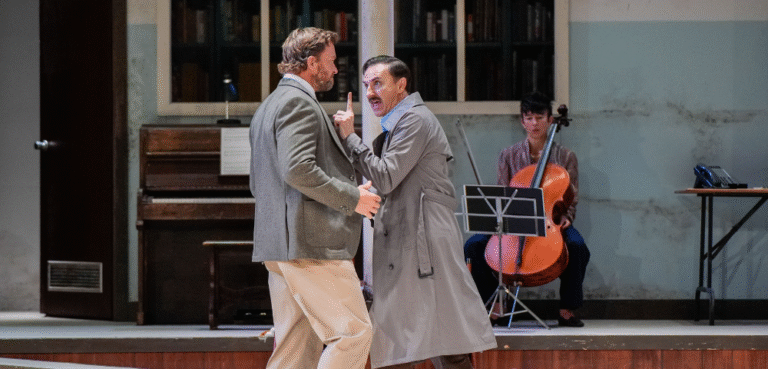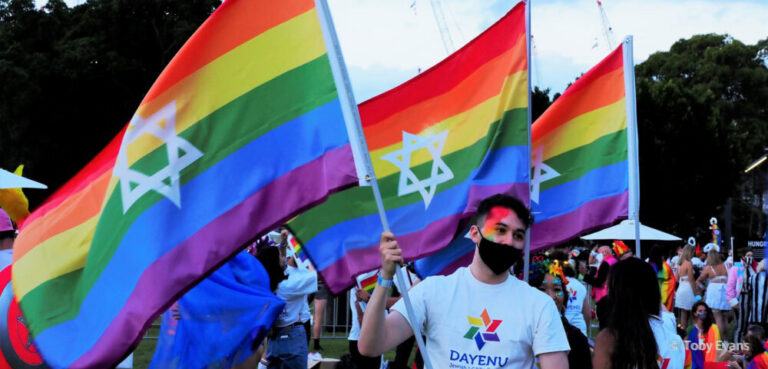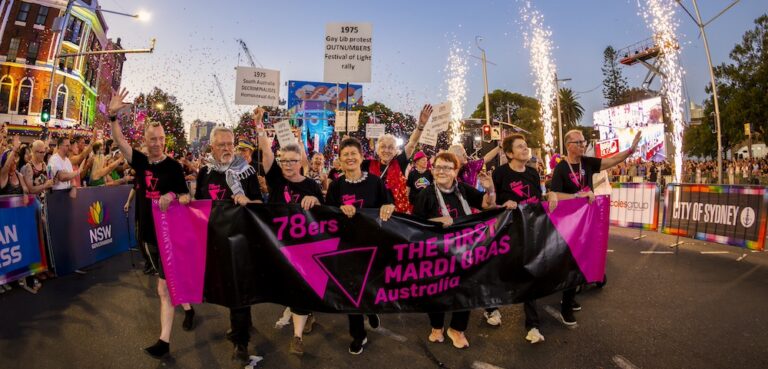
Social distancing need not mean social isolation

Social distancing, shelter-in-place, lockdown, quarantine: the global coronavirus outbreak has made these terms part of daily usage. Governments and health organisations across the world are recommending social distancing.
It is not new to us; we have already been practising social distancing in our day to day lives – binge watching digital content instead of going to the movies; ordering through Uber eats instead of eating out with friends; swiping right/left over practising one liners to strike up a conversation at the pub; broadcasting dances on Tik Tok instead of grooving to disco tracks at the bar. Social distancing is not too much of a leap when we use noise cancelling headphones to block out the world.
As people hunker down after raiding supermarket shelves of toilet paper and other essentials, let us take a moment to reflect that social isolation will impact the vulnerable in communities the most: the elderly, PLHIV, trans folks, persons with disabilities, the homeless, casual employees, international students and those facing financial challenges.
Is it social distancing we need, or social solidarity? For the LGBTQI community that question assumes further significance when our community spaces are facing significant challenges.
This week in The New York Times, a columnist reflected on social solidarity in the times of social distancing. The columnist recollected their first hand experience of the 1995 Chicago heat wave when around 739 persons died in a single week in July. Lives that could have been saved as it meant reaching out to them to give them a cold bath or provide access to an air conditioner.
During a crisis, self preservation is good, but social solidarity is better. No one knows about it better than LGBTQ communities who fought for health care rights during the HIV epidemic. One of the best examples of social solidarity that came out of the crisis was the buddy program. Volunteers would provide one-one-one support to PLHIV, escorting them to medical appointments or grocery, assisting with household chores, accompanying them to events or for a walk and providing emotional support.
At the height of the AIDS crisis, official indifference, misinformation, rumours, social stigma, fear was rampant. It was the community that took the onus to protect one another and fight for health care.
The same technology that incentivises social isolation, can also be used for social solidarity. The #caremongering social media trend, which originated in Canada and is slowly spreading to other parts of the world, is one such example. The hashtag amplifies acts of kindness and creates a permanent record of it to inspire others amidst the global pandemic.
Here are a few ways to build social solidarity in the times of COVID-19:
Reach Out
Use social media and messaging groups to check in on friends, neighbours and community members, especially the vulnerable. For many of us living independently and working from home, it also means the prospect of being on our own for days together. LGBTIQ persons face increased risk of depression. Schedule group chats on Zoom or Google hangouts to connect with each other and keep spirits up.
Help Out
Social distancing rules do not bar making a run to the grocery or supermarket to stock up on essentials. On your grocery runs, check if you can get something for a friend or neighbour who cannot get out.
Don’t hoard
Stock up on essentials and medicines, don’t hoard. Health organisations advise that if you are on medication, you should have a 30-day supply of medicines. Again, don’t hoard! Remember, there are others who need things for survival.
Go Fund Them
Casual employees, artists whose gigs may have been cancelled, people whose source of income have been affected because of rules around COVID-19, will have it tougher than the rest. If you can afford it, do donate money to people in need or organisations working with people who are vulnerable.
Support LGBTIQ+ business
LGBTIQ+ businesses are expected to be hit harder in the downturn that will accompany the outbreak. Support bookshops, stores, cafes and their employees. Order products or purchasing gift certificates for use later.
Follow rules
Many governments and health agencies have imposed social distancing. Don’t ignore those rules. You may be able to survive COVID-19, others who might be exposed to it may not.
Chat up
Use dating and hook up apps to meet people online, strike up conversations, discuss interests and hobbies, make friends and have fun.
No place for stigma
Stigma and discrimination against people who have contracted COVID-19 as well as against persons on account of race, ethnicity is real – both online and offline. Fight stigma and discrimination. The colour of your skin will not make you immune to the virus.
Fight fake news
Disinformation, rumours and fake news is rampant. Don’t forward information that you have received unless it is from a trusted news source. Even then, cross check any information.
Talk
If you feel depressed, isolated or alone, you need someone to talk to – don’t hesitate, reach out.










